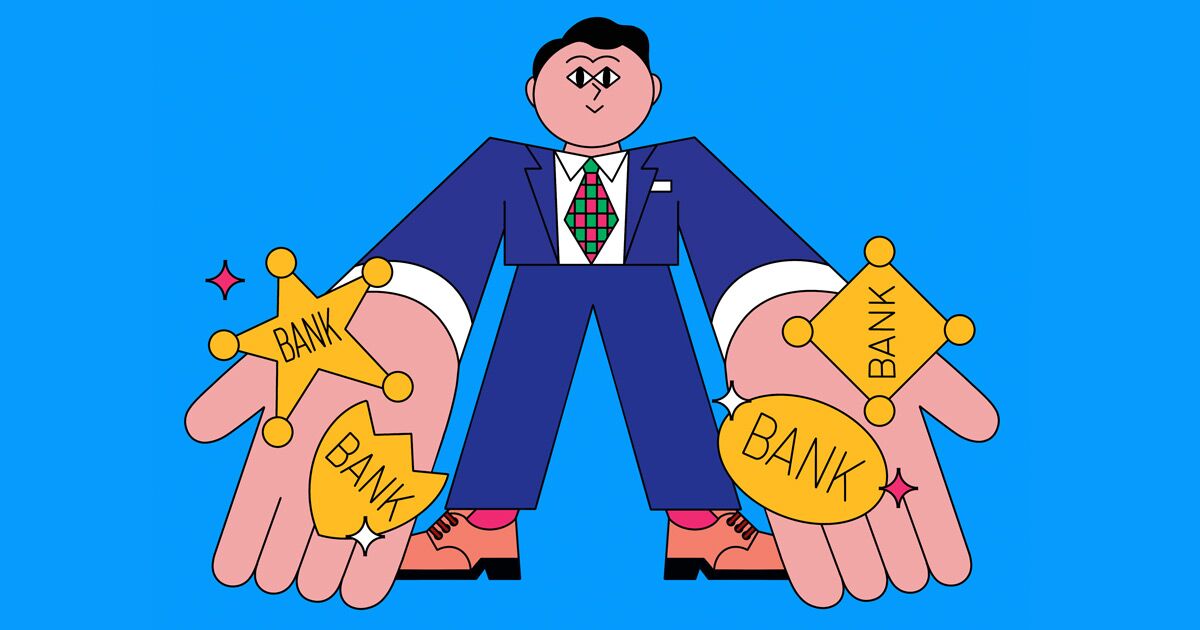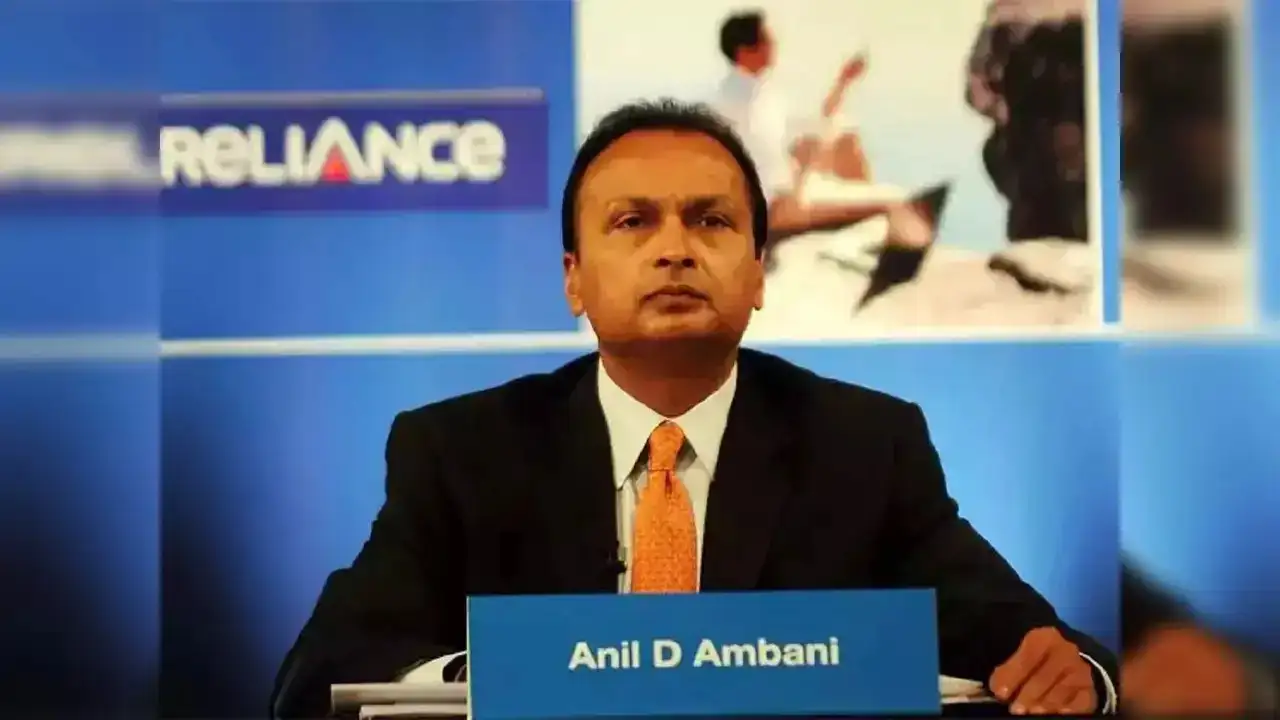Copyright mirror

Brits have been urged to check if they qualify for up to £2,000 worth of support every year. HM Revenue and Customs (HMRC) has encouraged parents to see whether they might qualify for financial help with childcare expenses. In a message posted on X, HMRC said: “Could you be missing out on childcare savings? “Here’s what you need to know! “Sign up for Tax-Free Childcare and save up to £2,000 a year per child on approved childcare costs.” This funding is exclusively available to couples whose joint income falls below £100,000 annually. Those who meet the criteria can receive up to £500 every three months for each child to assist with childcare expenses. This amounts to up to £2,000 per year. The Government website clarifies that this increases to £1,000 quarterly if a child has disabilities (up to £4,000 annually). To access these funds, known as tax-free childcare, families must establish an online childcare account for their child. For every £8 deposited into this account, the government contributes £2 to pay your childcare provider. Tax-free childcare can be claimed alongside 30 hours of free childcare through Free Childcare for Working Parents if you meet the requirements for both schemes. It can be used to pay for approved childcare, including: If your child is disabled, the additional tax-free childcare funds you receive can be used to cover extra hours of childcare. These funds can also be utilised to pay your childcare provider for specialist equipment needed by your child, such as mobility aids. Typically, you're eligible for tax-free childcare if you (and your partner, if applicable) are: Even if you're not currently employed, you may still qualify if your partner is working and you receive any of the following: Over the forthcoming three months, both you and your partner (if you have one) must each anticipate earning at least: If you're self-employed and started your business less than a year ago, you can earn less and still qualify for tax-free childcare. If you hold more than one job, you can use your total earnings to determine if you meet the threshold. This includes: However, it's crucial to understand that if you or your partner have an expected "adjusted net income" exceeding £100,000 in the current tax year, you will not qualify. GOV.UK states: "Your child must be 11 or under and usually live with you. They stop being eligible on 1 September after their 11th birthday. "Adopted children are eligible, but foster children are not. If your child is disabled and usually lives with you, you may get up to £4,000 a year until 1 September after their 16th birthday." For further details, visit the Government website here .



